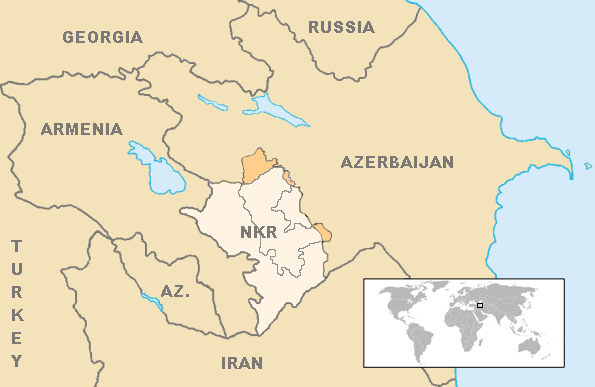Out of more than 1 billion ballots cast since 2000, researcher Justin Levitt has found that there were no more than 31 credible instances of voter impersonation in the United States.
Levitt argues that those Americans who believe (incorrectly) that there is a widespread problem of elections being “stolen” via such frauds will continue to remain convinced of that as long as their preferred candidates continue to lose, regardless of voter ID laws. This seem plausible given that an existing study found that the relative prevalence of the belief in widespread fraud remains undiminished, even when strict voter ID laws are implemented. In other words, it has a lot more to do with repeatedly losing with unelectable candidates than elections being “stolen” from those candidates. Surprise, surprise.
Worse, thousands of voters (probably overwhelmingly legitimate voters) have already been turned away in 4 states for not having IDs that comply with the law, despite what is essentially the non-existence of the problem. Meanwhile, the laws can’t even stop most of the purported forms of fraud, even as they prevent (or make more difficult) legitimate voting…
Election fraud happens. But ID laws are not aimed at the fraud you’ll actually hear about. Most current ID laws aren’t designed to stop fraud with absentee ballots (indeed, laws requiring ID at the polls push more people into the absentee system, where there are plenty of real dangers). Or vote buying. Or coercion. Or fake registration forms. Or voting from the wrong address. Or ballot box stuffing by officials in on the scam. In the 243-page document that Mississippi State Sen. Chris McDaniel filed on Monday with evidence of allegedly illegal votes in the Mississippi Republican primary, there were no allegations of the kind of fraud that ID can stop.
Instead, requirements to show ID at the polls are designed for pretty much one thing: people showing up at the polls pretending to be somebody else in order to each cast one incremental fake ballot. This is a slow, clunky way to steal an election. Which is why it rarely happens.
And I don’t think that’s an argument for making other voting methods harder or for discouraging voter registration efforts. But it’s certainly an argument against making in-person voting harder and more expensive via voter ID laws that try to “solve” a problem that doesn’t exist.




